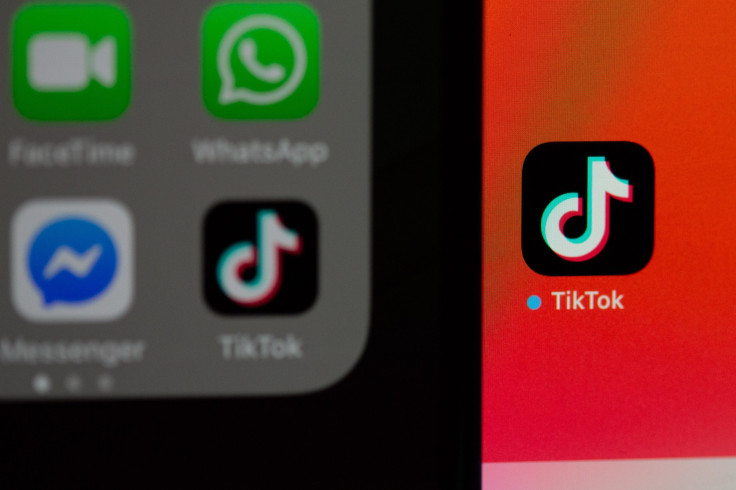
NEW YORK CITY - TikTok is the center of scrutiny once again, as new legislation seeks to force its sale in the U.S. or ban the platform altogether. The House of Representatives will vote on the motion this week, following months of behind-the-scenes efforts at Capitol Hill.
TikTok has been a major concern for lawmakers from both parties for a while now. Such worries stem from a set of Chinese national security laws that compel organizations to assist with intelligence gathering, which ByteDance, TikTok's parent company, would likely be subject to as well.
The company has denied several times to have shared U.S. user data with Chinese authorities, and claimed that they won't do so if asked. Officials have also denied allegations of suppressing content unfavorable to China.
Efforts to ban TikTok are nothing new. In 2020, former President Donald Trump attempted to ban the app through an executive order, which was blocked by the courts after TikTok sued. The Biden administration would go on to revoke the executive order, but continued a review of the platform which remains active today.
Federal lawmakers have also attempted to ban the platform last year. However, such efforts were unsuccessful as they were heavily opposed by The American Civil Liberties Union (ACLU) and other digital rights groups on free speech grounds.
This approved bipartisan bill would require the Chinese firm to divest TikTok and other applications it owns within six months of the bill's enactment in order to avoid a nation-wide ban. The legislation would also create a process that lets the executive branch prohibit access to other apps are considered to pose a threat to national security.
If the bill gets signed into law and ByteDance chooses not to divest, TikTok could be banned in the U.S., prohibiting app stores— such as the ones offered by Apple and Google— as well as web hosting services to carry it in American territory.
But who would be the most affected if this happens? Small businesses and influencers who have spent years cultivating their following and rely on the app as their main income, AP News suggests.
Here are some Latino influencers who might be the most affected amid a TikTok ban.
Lele Pons
Eleonora "Lele" Pons is a Venezuelan and American influencer who first rose to prominence in the now-shut-down platform Vine, where she was the most followed woman and the third most followed viner with 11.5 million followers. She now has 31 million followers on TikTok, where she mostly does comedy sketches and shares her life with Puerto Rican singer Guaynaa.
Andrea Espada
A Colombian model and former TV host and personality, Espada is popular for her lifestyle and beauty content for more than 10 million followers. When she isn't sharing her looks, she also posts about her family and her daily life.
Monet McMichael
Known for her signature "Get Ready With Me" videos, McMichael quickly rose to fame last year on TikTok, and now has 3 million followers on TikTok. Often coupled with Alix Early, McMichael has been featured in prestigious media like Teen Vogue, Cosmopolitan and Forbes.
Beta Mejia
With more than 6 million followers on Instagram, Beta Mejia posts a variety of content from workouts to more traditional, Vine-esque video sketches. The Colombian influencer is often sharing escapades on the different Miami beaches along with his partner and fellow influencer Alejandra Jaramillo.
Fefi Oliveira
Estefany "Fefi'' Oliveira is a well-known Venezuelan influencer based in Miami. Posting comedy and beauty TikTok, the influencers have garnered more than 6 million followers on the platform. She is also an actress, participating in different shows from mainstream networks like Telemundo and Nickelodeon.
© 2025 Latin Times. All rights reserved. Do not reproduce without permission.





